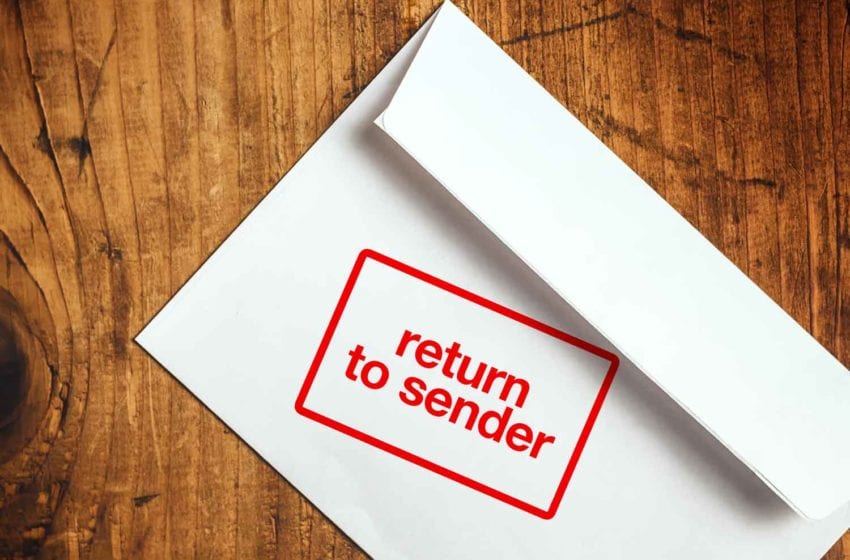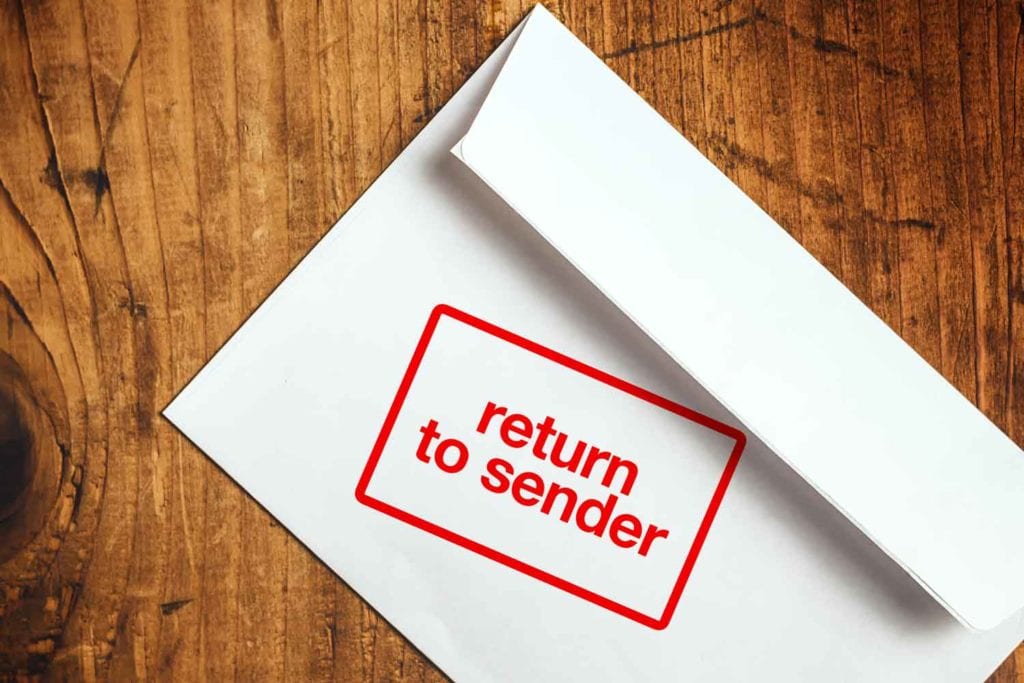
The United States Postal Service (USPS) is scheduled to publish in the Federal Register its rules for mailing electronic nicotine-delivery system (ENDS) products tomorrow, Feb. 19. The unpublished rule states that the prohibition on mailing ENDS will apply immediately “on and after” the date of the final rule.
However, the Preventing Online Sales of E-Cigarettes to Children Act, which placed ENDS under the PACT Act, was enacted on Dec. 27, 2020, and becomes effective 90 days after enactment (March 27, 2021).
Under the USPO rule, the agency will mail vapor products under narrowly defined circumstances:
- Noncontiguous States: intrastate shipments within Alaska or Hawaii
- Business/Regulatory Purposes: shipments transmitted between verified and authorized tobacco industry businesses for business purposes, or between such businesses and federal or state agencies for regulatory purposes
- Certain Individuals: lightweight shipments mailed between adult individuals, limited to 10 per 30-day period
- Consumer Testing: limited shipments of cigarettes sent by verified and authorized manufacturers to adult smokers for consumer testing purposes
- Public Health: limited shipments by federal agencies for public health purposes under similar rules applied to manufacturers conducting consumer testing.

The unpublished rules suggest that business-to-business shipments will be allowed. According to Azim Chowdhury, a partner at Keller and Heckman, the PACT Act has historically exempted business-to-business deliveries from the USPS ban. Specifically, the USPS ban does not extend to tobacco products mailed only for business purposes between legally operating businesses that have all applicable state and federal government licenses or permits and are engaged in tobacco product manufacturing, distribution, wholesale, export, import, testing, investigation or research.
“Companies seeking to use USPS for business-to-business deliveries must first submit an application to the USPS Pricing and Classification Service Center and comply with several other shipping, labeling and delivery requirements,” said Chowdhury.
The USPS rules also state that the listed exceptions cannot feasibly be applied to inbound or outbound international mail, mail to or from the Freely Associated States, or mail presented at overseas Army Post Office, Fleet Post Office, or Diplomatic Post Office locations and destined to addresses in the United States. Because of this inability, all ENDS products “in such mail are nonmailable, without exception.”
In addition to the nonmailing provisions, the PACT Act requires anyone who sells cigarettes or smokeless tobacco to register with the Bureau for Alcohol, Tobacco and Firearms and the tobacco tax administrators of the states into which a shipment is made or in which an advertisement or offer is disseminated, according to Chowdhury. Retailers who ship cigarettes or smokeless tobacco to consumers are further required to label packages as containing tobacco, verify the age and identity of the customer at purchase, use a delivery method (other than the USPS) that checks ID and obtains an adult customer signature at delivery, and maintain records of delivery sales for a period of four years after the date of sale, among other things.









